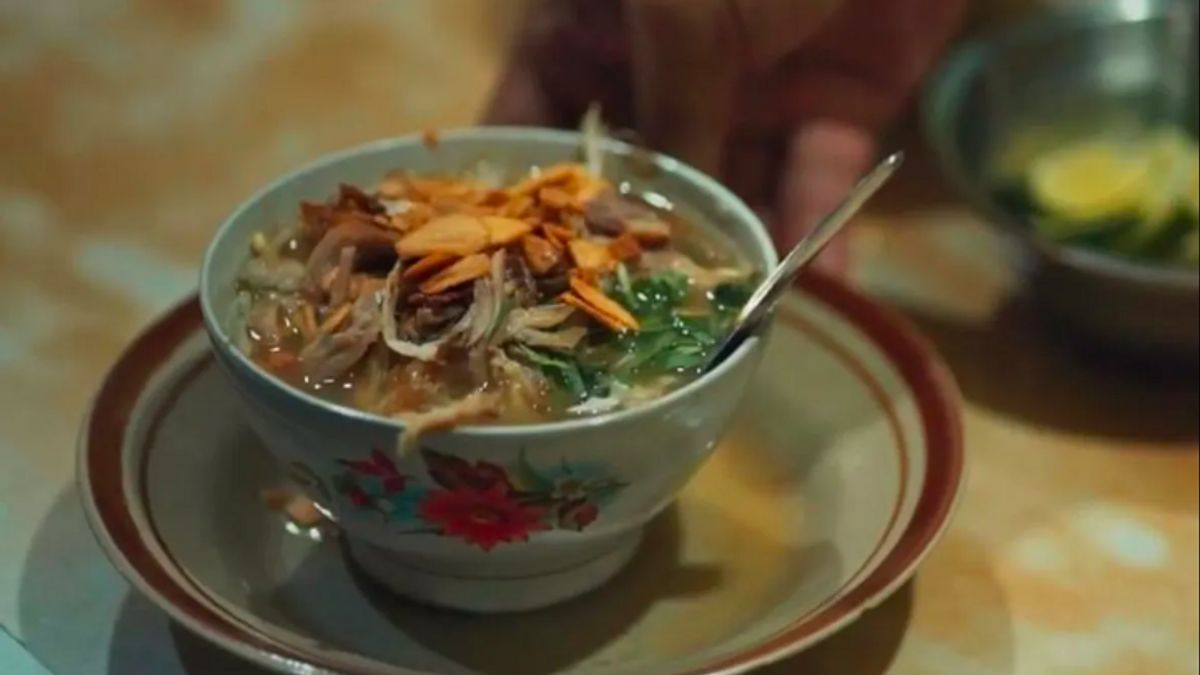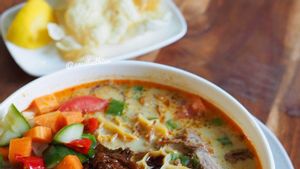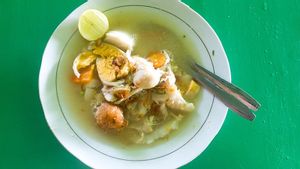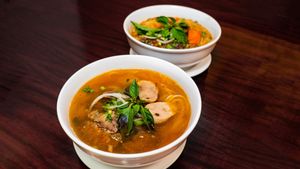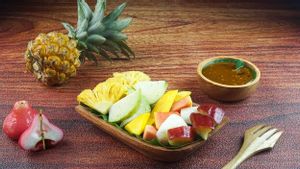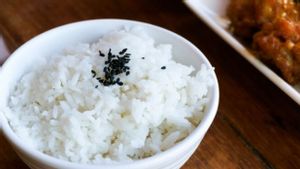JAKARTA - Soto is one of Indonesia's most popular flavored dishes in various regions. In almost every region, we can find soto with a unique taste and appearance, reflecting the characteristics of each region.
In Central Java, there are two types of soto that are quite famous, namely Kudus soup and boyolali soup. Even though both of them have almost the same appearance, there are actually many differences between the two. What are the differences between soto boyolali and soto Kudus?
The first difference can be seen from the color of the sauce. Soto boyolali, or what is often called "soto seger boyolali," has a clear sauce without coconut milk.
On the other hand, Kudus soup has a thick yellow mouth because it uses turmeric as one of its main spices.
The next difference is in the spices used. Kudus Soto usually contains spices such as turmeric, lemongrass, ginger, lengkuas, onions, garlic, kemiri, ketumbar, pepper, jinten, sugar, and salt, as well as served with broth of beef or chicken.
SEE ALSO:
On the other hand, soto seger boyolali has a lighter taste with spices such as ketumbar, pepper, shallots, garlic, cassava, lengkuas, sugar, and salt boiled with chicken broth.
Other differences are also seen in the type of meat used. Kudus soup generally uses buffalo or chicken meat, and rarely uses beef. This is related to Sunan Kudus' teachings, which urge people not to use beef in cooking as a form of tolerance for certain communities. Meanwhile, boyolali soup usually uses chicken or beef.
In terms of content, these two types of soto have little difference. A sono soto boyolali usually contains slices of chicken or beef, darge, bihun, potato chips, and fried onions, and is equipped with side dishes such as fried tempeh, perkedel, satay eggs, and satay ati ampela.
Meanwhile, Kudus soup is usually served with chicken or buffalo pieces, boiled eggs, soun, potato chips, tauge, celery, cabbage, leeks, lime, cayenne pepper, and soy sauce.
Both are generally served in small bowls, giving a delicious and delicious taste in each portion.
The English, Chinese, Japanese, Arabic, and French versions are automatically generated by the AI. So there may still be inaccuracies in translating, please always see Indonesian as our main language. (system supported by DigitalSiber.id)
